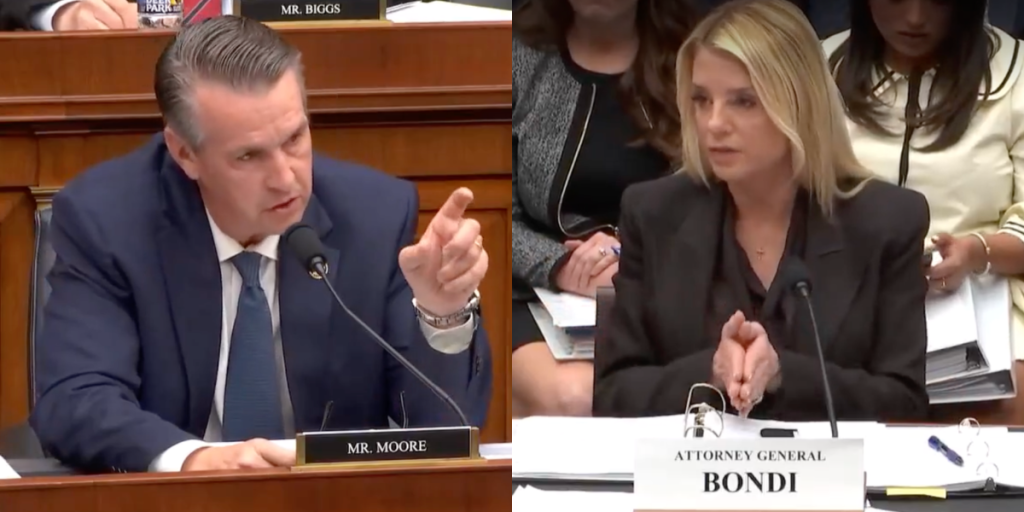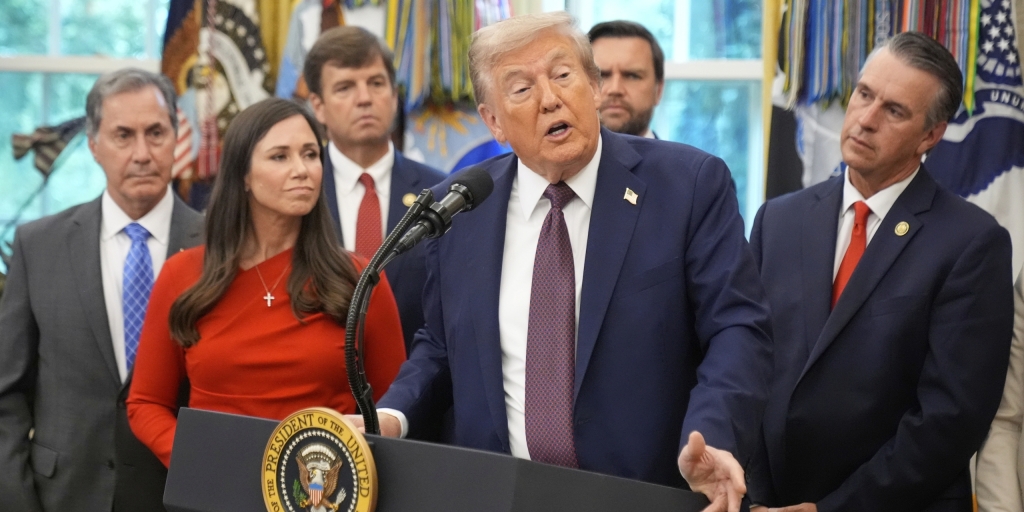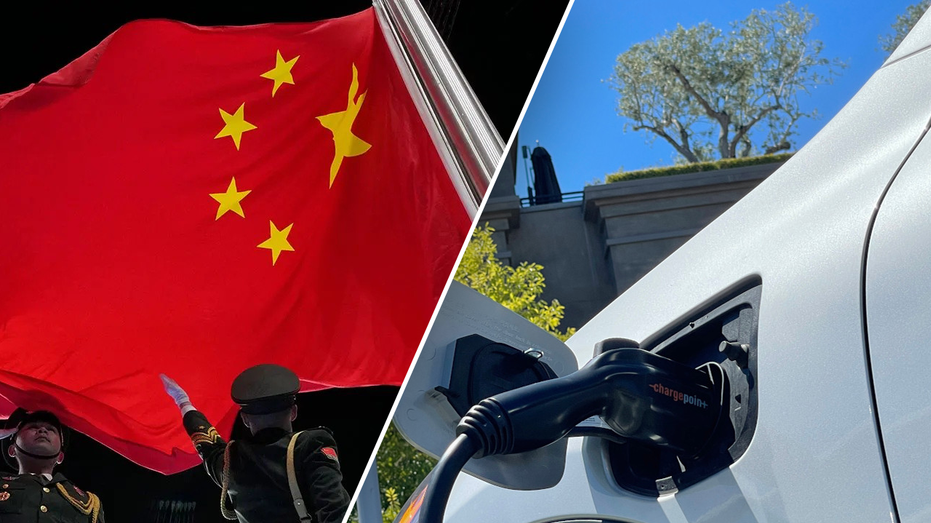
WASHINGTON, D.C. — In a bi-partisan op-ed piece published by The Hill, Senator Jeff Sessions (R-AL) called for an end to China’s violations of trade policy regulations on the tire industry, which has a significant presence in the Yellowhammer State.
The automotive industry is an ever-growing sector of Alabama’s economy and thanks to Mercedes, Honda and Hyundai, the state produced almost one million cars last year alone.
Long before Alabama became an international car-making hub, the rubber and plastics industry had a strong foothold with several major tire plants. The Goodyear factory in Gadsden was founded in 1929 and Michelin’s Tuscaloosa factory dates to 1945. Today, three large plants – including Michelin’s Dothan facility – employ 3,720 Alabamians.
Writing with fellow Senators Rob Portman (R-OH), Charles Schumer (D-NY), and Sherrod Brown (D-OH), Sessions argued producers and workers making passenger vehicle and light truck tires in America are in danger because of China’s dumping of millions of subsidized tire imports.
“They undermine the principles of free trade and free enterprise by ignoring the rules that they promised to uphold,” the group said. “It’s time for our government to say: enough is enough.”
“The rules were carefully negotiated to ensure that companies and workers who make competitive products, at fair prices and of high quality, should be able to sell their products across the globe. China, in this industry and others, has decided to circumvent the rules in order to increase production and employment through an export-led growth model.”
According to skeptics of President Obama’s secretive proposed Trans-Pacific Partnership (TPP) trade agreement, China, a notorious international trade rules-breaker, could potentially later be included in the TPP trade deal due in part to the living agreement provision. The Alabama Congressional Delegation took umbrage with that possibility and pointed to China’s history of breaking international agreements as reason to stay out without a proper reading.
The bi-partisan alliance highlighted wages and employment as the chief negative effects of China’s policies. “While prices in the short-term here might be lower to our consumers, the ability of companies to invest in new plants and equipment is limited, and workers often experience stagnating or declining wages, if not job loss…The result has been lost sales, production levels reduced below what they should have been in a growing market, as well as suppressed hours, and wages. All of the growth in the U.S. market was unfairly taken by China’s producers.”
The group concluded by asking for a return to the fair, negotiated trade conditions. “The U.S. industry would be doing much better and workers would be sharing in the benefits,” they wrote. “China shouldn’t be allowed to skirt the rules while arguing that it’s not doing enough damage to our people to justify relief.”












